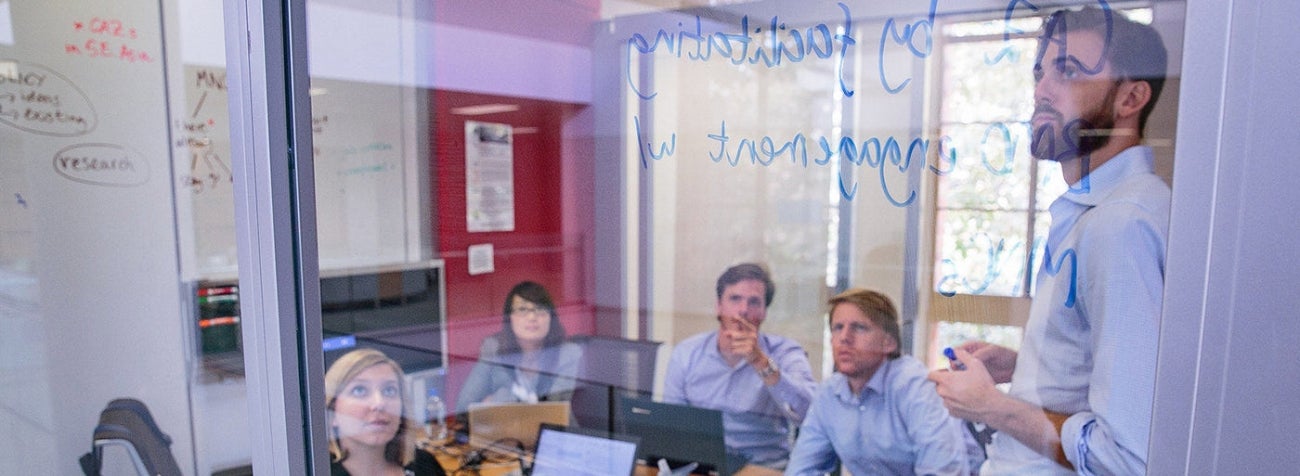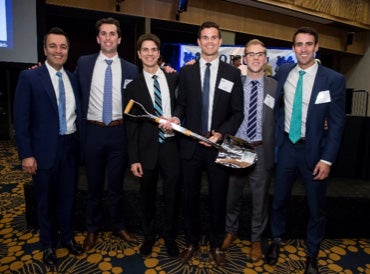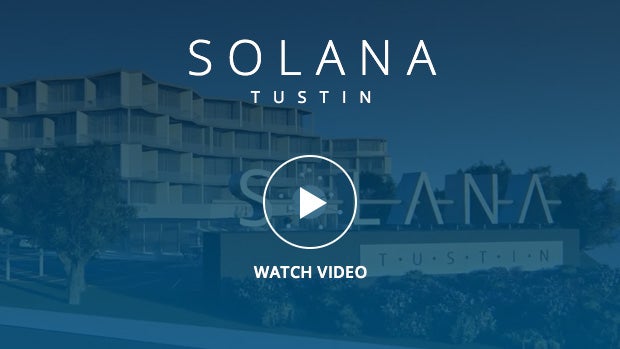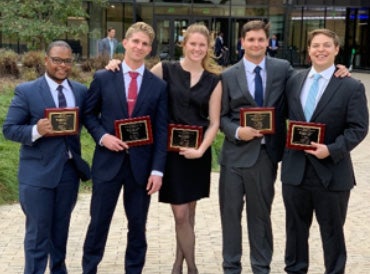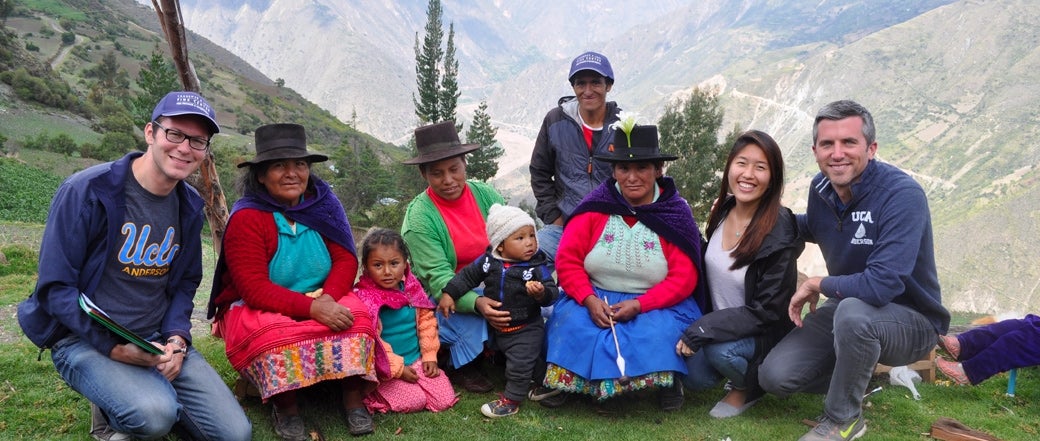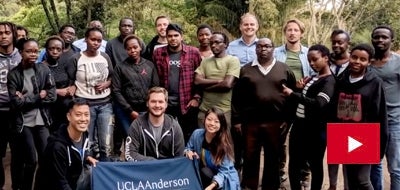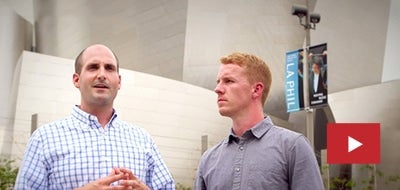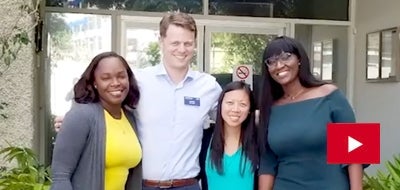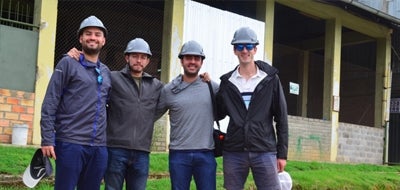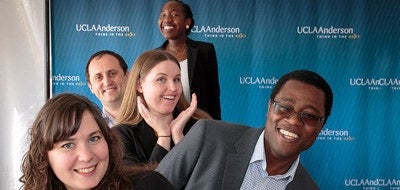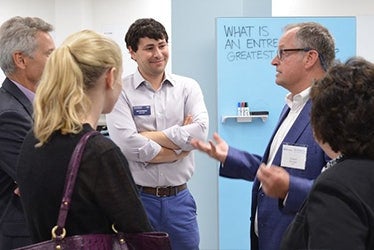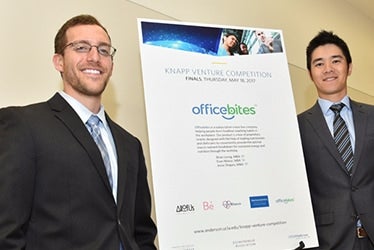Capstone Project
In this field study, you’ll work in a team to address a challenge for a client organization. After a deep dive into research, you’ll present key insights and your recommendations.
BCP gives you the chance to work with a team of classmates to launch your own business.
Students who participate in SIF manage a $2 million fund, while visiting leading companies to learn about strategies and philosophies.
ASG is a capstone project that involves a commitment during your first and second years, and gives students focused on consulting a chance to work on and manage a project with classmates.
Students who participate in the NAIOP case competition earn capstone project credit through this six-month assessment of a local property.
An investment fund managed by student portfolio managers dedicated to the pursuit of favorable risk-adjusted returns.
Applied Management Research
UCLA Anderson launched the first MBA field study program 54 years ago. The AMR program has worked with over 5,000 clients, including Fortune 500 companies, nonprofits, microfinance institutions and startups. You’ll work with a team of peers on a two-quarter project that will solve an organization’s key business problem, while expanding your professional network and experience working in a new field, and inviting you to explore your career options. The AMR program takes place during fall and winter quarters of the second year.
Ballard Metcalfe (’19), Ariel Wang (’19), and Cris Erdtsieck (’19) analyzed how a Peruvian non-profit organization could maximize revenues and lower transaction costs while increasing client satisfaction and engagement.
Global Reach of AMR Projects in 2019–2020
India • Indonesia • Japan • Kenya • Netherlands
Pakistan • Peru • South Africa • United Kingdom
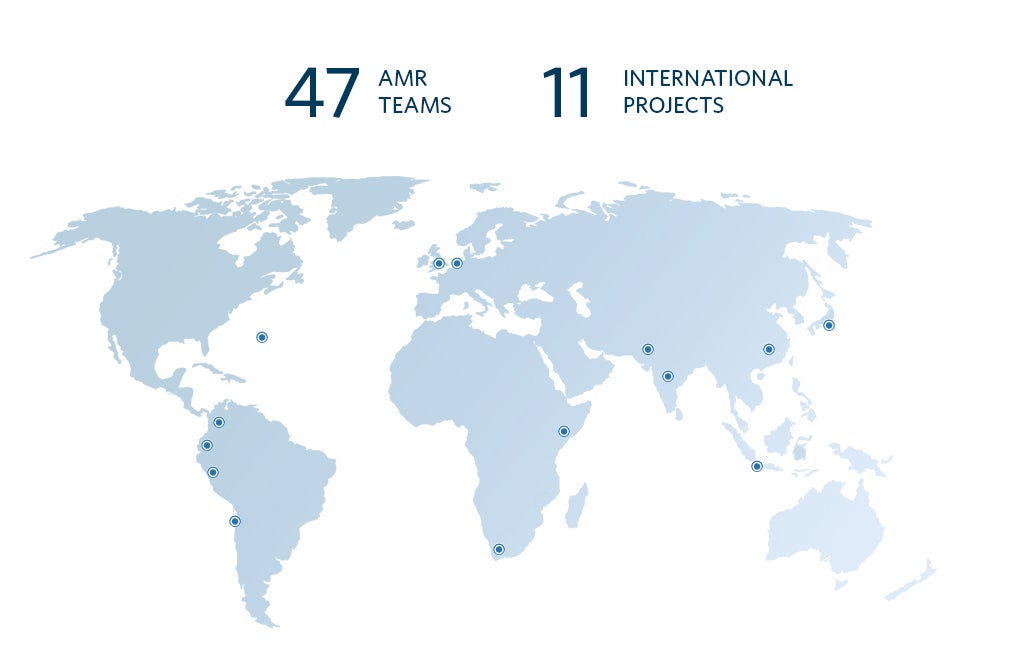
Project Industries
From The Blog
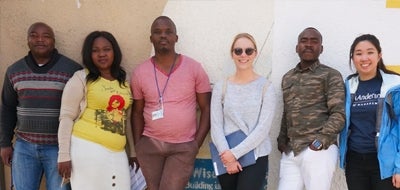
Sustaining Effective NCD Screen in a South Africa community Requires an Ecosystem of Strategic Partners
Business Creation Program
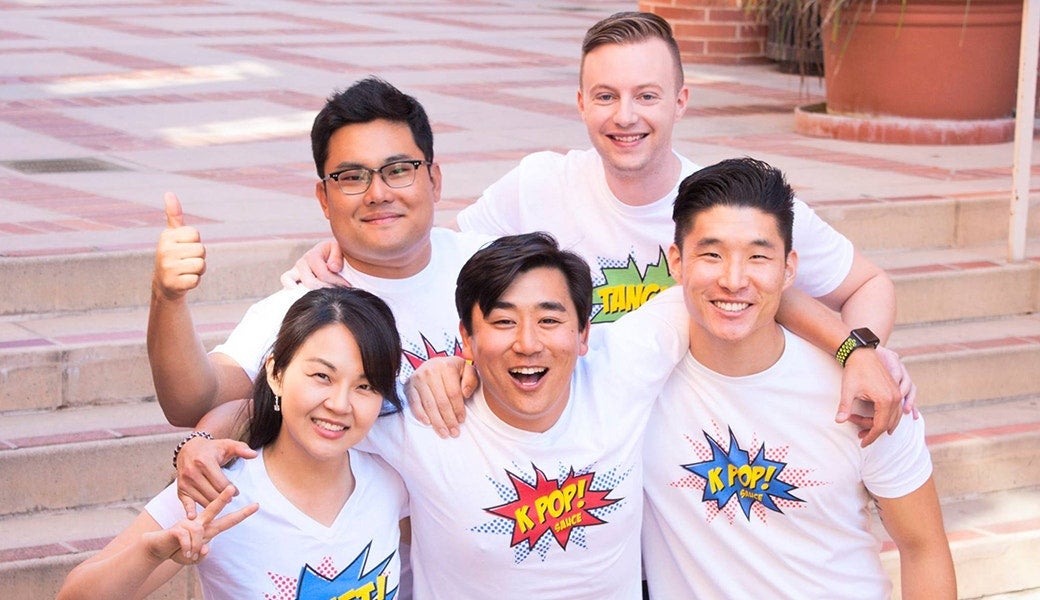
BCP Team KPOP Foods (clockwise from top left): Alex Kim (’17), Ryan Kennelly (’17), Mike Kim (’17), Theo Lee (’17), Erica Suk (’17).
BCP Stats

BCP Success Stories
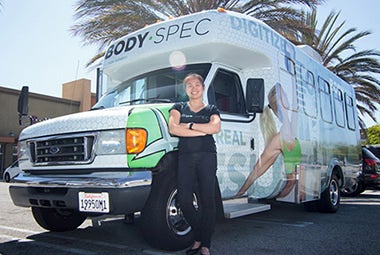
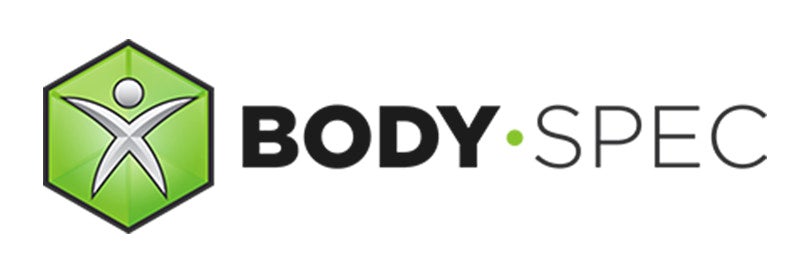
BodySpec (Class of 2014)
BodySpec provides individualized information to health-conscious individuals. We offer full-body scans utilizing dual-energy x-ray absorptiometry (DXA) scanning technology.
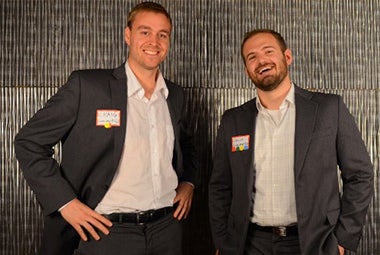
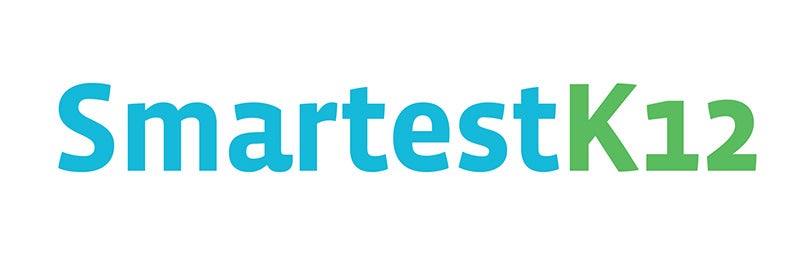
SmartestK12 (Class of 2014)
To help teachers better understand their students, SmartestK12 transforms all assignments, assessments or classroom interactions into rich student data that allows teachers, parents and school administrators to track each child’s learning in real time and take actions to ensure academic growth.
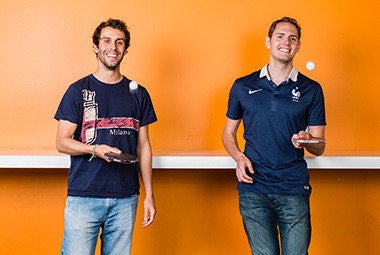
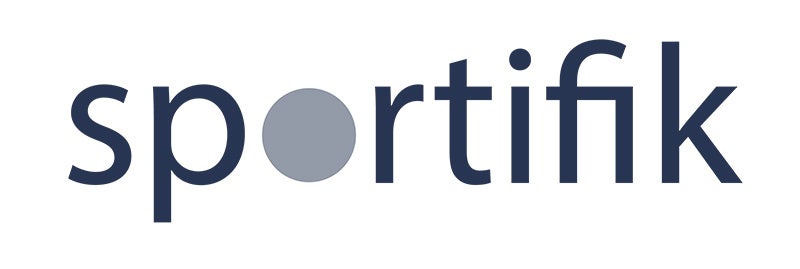
Sportifik (Class of 2014)
Sportifik is a web- and mobile-based league management platform that engages college students in recreational activities. Adopted by over 25 universities across the country, including UCLA, Stanford and UC Berkeley, Sportifik empowers university recreation programs with the ability to effectively coordinate sports leagues and tournaments and engage students in healthy and active lifestyles.
From The Blog
BCP Mentors

Internet, Business and Intellectual Property Attorney
Cohen Business Law Group
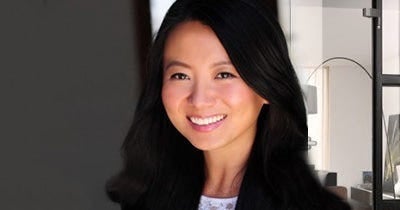
Investor
Upfront Ventures

